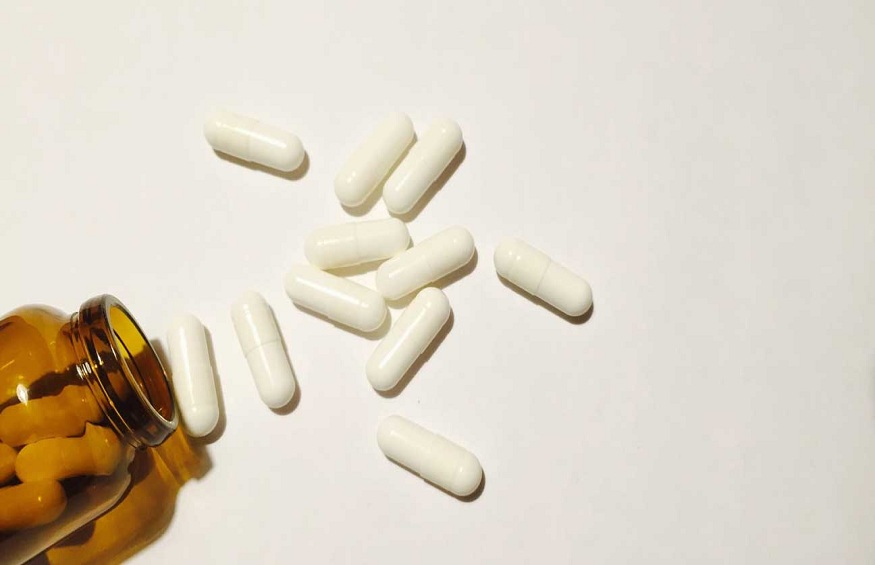Evidence suggests that beta-alanine may be most effective when taken before high-intensity exercises, such as sprinting or weightlifting. It is because beta-alanine can help improve performance during these types of activities.
However, more research is needed to confirm this. If you’re interested in taking beta-alanine supplements, talk to your doctor or a registered dietitian to see if they may be right for you. Additionally, beta-alanine may also be helpful for people with certain medical conditions, such as heart failure. In one study, people with heart failure who took beta-alanine supplements for eight weeks experienced improvements in heart function.
Beta-alanine supplements are generally safe and well-tolerated. However, side effects may include itching, tingling, flushing, and nausea. If you experience these side effects, stop taking the supplement and talk to your doctor.
Additionally, beta-alanine supplements may interact with certain medications, such as blood pressure and heart rhythm medications. Therefore, it’s important to talk to your doctor before taking beta-alanine supplements if you take any medications.
Additionally, any beta-alanine supplement taken may also be helpful for people with certain medical conditions, such as heart failure. In one study, people with heart failure who took beta-alanine supplements for eight weeks experienced improvements in heart function.
These are some of the reasons you might want to consider taking beta-alanine supplements:
1) To improve exercise performance
Your performance during high-intensity exercise is one of the most important things that beta-alanine can improve. It makes sense because beta-alanine is thought to increase carnosine levels in your muscles.
Carnosine is a compound that helps buffer acid in your muscles, leading to improved performance during activities that cause an increase in lactic acid.
2) To increase muscle mass
Beta-alanine may also help you build more muscle. In one study, people who took beta-alanine for eight weeks while following a resistance training program gained more lean body mass than those who didn’t take beta-alanine.
3) To improve heart function
Some research suggests that beta-alanine may also benefit people with heart failure. In one study, people with heart failure who took beta-alanine supplements for eight weeks experienced improvements in heart function.
4) To delay fatigue
Beta-alanine may also help delay the onset of fatigue. In one study, cyclists who took beta-alanine could ride for longer before becoming fatigued.
5) To improve cognitive function
Beta-alanine may also help improve cognitive function. In one study, people who took beta-alanine for four weeks experienced improvements in working memory and reaction time.
6) To reduce exercise-induced muscle soreness
Beta-alanine may also help reduce exercise-induced muscle soreness. In one study, people who took beta-alanine for two weeks experienced less muscle soreness after exercise than those who didn’t take beta-alanine.
7) To increase levels of anabolic hormones
Beta-alanine may also help increase anabolic hormones, such as testosterone and growth hormone. In one study, people who took beta-alanine for four weeks experienced increases in testosterone and growth hormone levels.
The Bottom Line
Beta-alanine is a compound that’s thought to improve exercise performance, increase muscle mass, and delay the onset of fatigue. Additionally, beta-alanine may also be beneficial for people with heart failure.
Infographic Created by Boston Analytical, Offering Professional Analytical Laboratory Services




